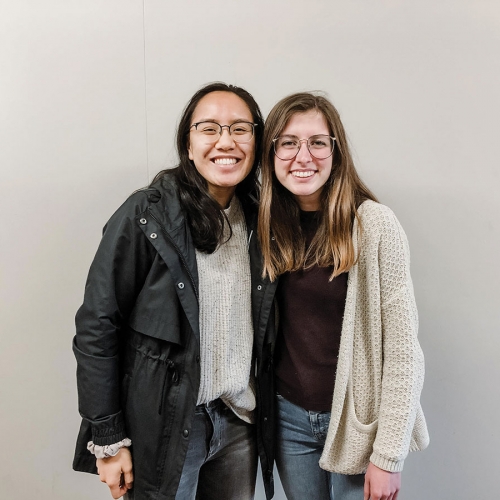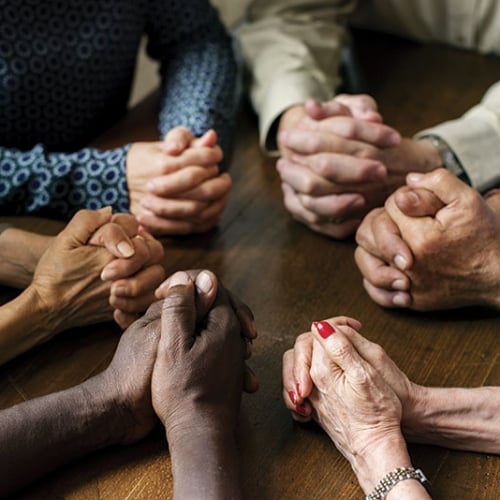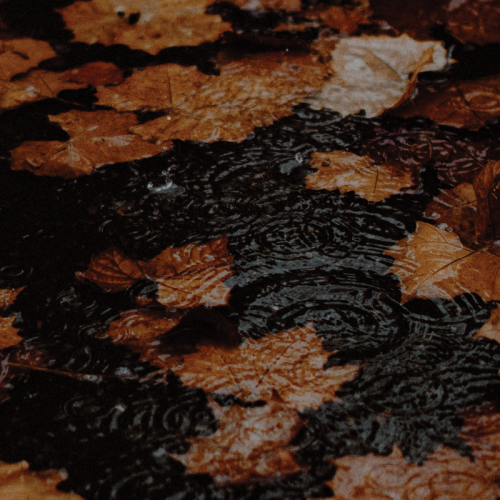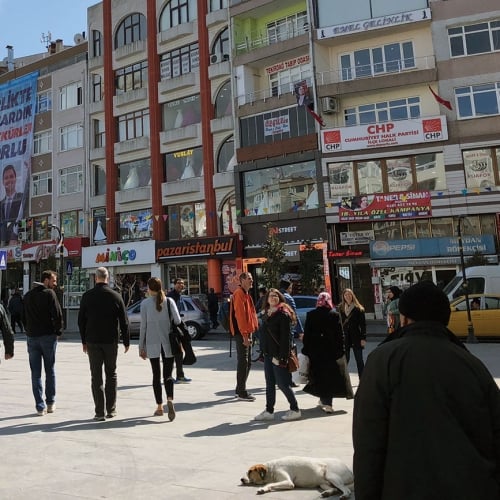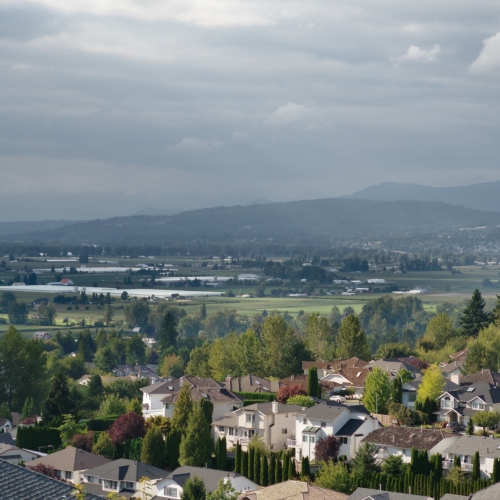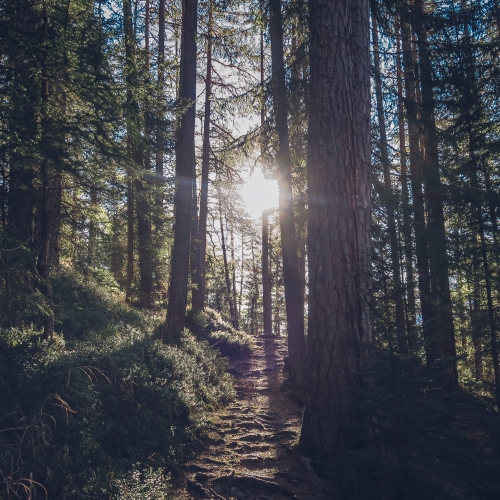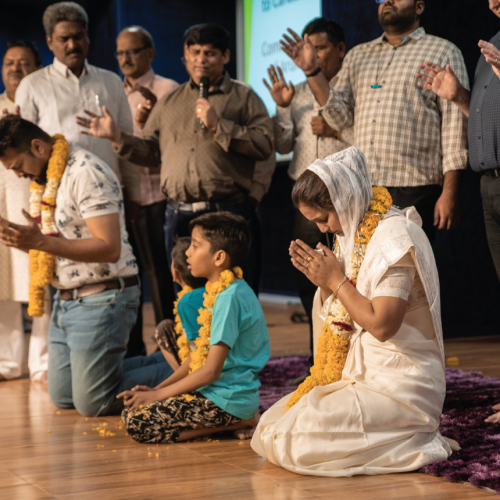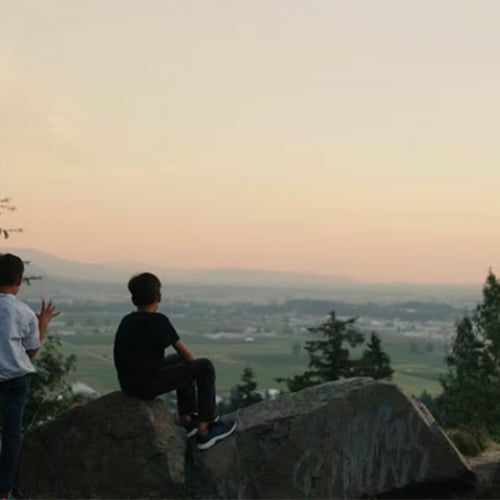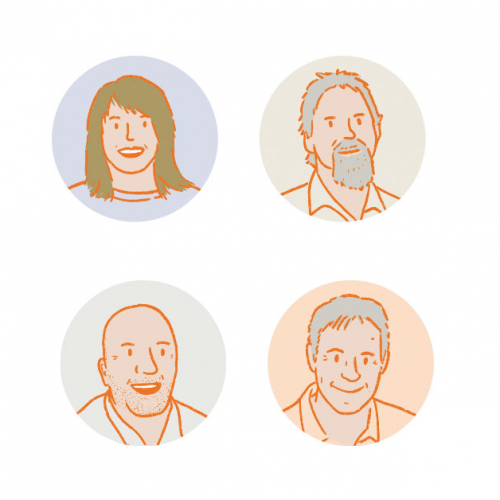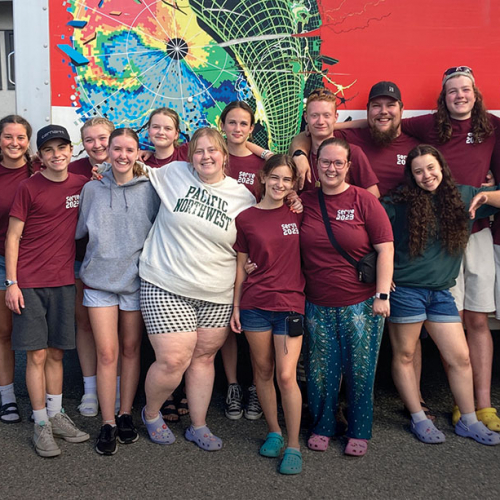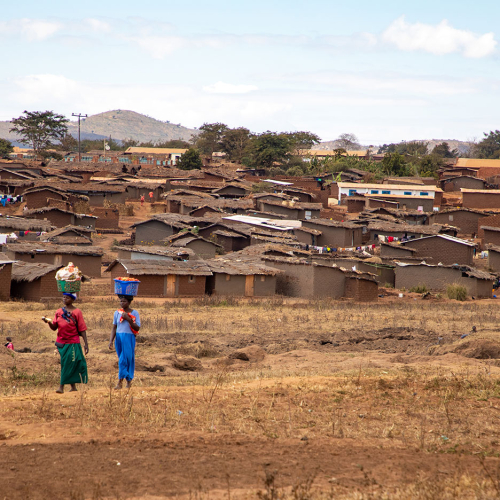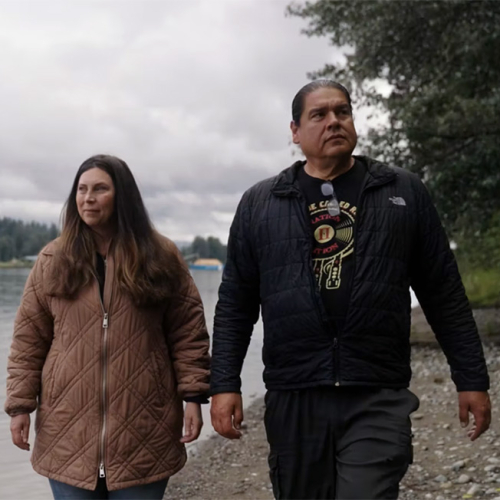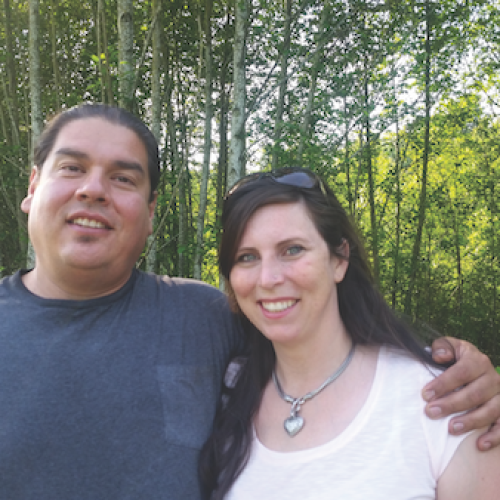Since the pandemic began, Multiply staff and global workers have been meeting online weekly. When the conversation turned intentionally to the topic of racism, panel discussions were held to facilitate honest, organization-wide self-examination. It was intense.
With recent racial violence in mind, lament was expressed not only over the grief of the victimized, but over the grievousness of racism itself, perpetrated by the blindness that inevitably accompanies privilege. During one of the first video calls, John Johnstone, Multiply’s First Nations Ambassador for Western Canada, addressed racism from the perspective of his own cultural context.
“It is not a matter of fixing what was broken,” he said, speaking of interactions between First Nations and those who trace their ancestry back to White, European settlers. “There was never any real relationship in the first place. We didn’t start out right, so we need to sit down, start over. We need to hear some hard things.”
John’s words, though spoken with gentle restraint, were direct and weighty. “Welcome,” he said, “to the Table of Uncomfortableness.”
Sitting at that Table, emotions were raw. Some shared painful stories about personal experiences of racism, both within the Church and within Multiply. Others voiced frustration over the mixed messaging of social media, judging all White people without acknowledging their attempts to set things right.
John addressed that by saying, “When oppression has been going on for four hundred and fifty years, and the oppressor simply says sorry and expects to move on, I’m not sure how much he should be praised. Does this cause hurt feelings? Probably. Is that White fragility? Maybe. But an apology without understanding is not enough. We can’t just check it off our list and move on. Repentance is one step, it’s not the end goal.”
There were moments of clarity regarding White privilege and the tendency to want to fix problems quickly rather than submit to the pace of those who were processing their pain. This was not easy, when just being White could trigger that pain in others.
“I’m White, male and 54,” said Stephen Humber, Mission Mobilizer for Midwest USA, on a recent video call. “I am the poster child for the problem! I am so quick to ask,
’What can I do?’ when behind it I am really thinking,
‘How can I feel better as fast as I can?’ I am not proud of this.”
In response, John invited action on two levels: “Just be quiet and listen. Don’t leave the Table just because you don’t like what is being said about you. Stay the course. But out there in the world, when you have the opportunity, speak up! Speak against racism, and don’t be silent!”
As the eyes of staff and global workers were being opened to some of the subtler nuances of racism within our organization, John reluctantly shared a personal story:
“When I was new to Multiply, I was invited to three days of meetings, all about new vision and direction. I saw the words ‘First Nations’ at the bottom of the list on the whiteboard. That communicated a lot to me. No one even remembered it, until the last meeting when we were three minutes into overtime. I was invited to speak for two minutes. I just said, ‘Nope, four hundred and fifty years of hurt can’t be summed up in two minutes.’”
On the last day of those same meetings, John was assigned to a small group and a man said to him, “Hey, we’ve been here three days and I don’t even know you!” As John recalled the experience, he fought back tears. “That broke me. I remember saying to myself, ‘Yeah, you’re right. You don’t know me. You don’t know me at all.’”
As John shared this story on the video call, listeners fell silent. Some shared later that they felt the burden of conviction, but everyone seemed to sense the beauty and intimacy of the moment as an invitation into deeper vulnerability and trust.
Despite that earlier experience at those meetings, John stayed at the Table, believing that he and other First Nations people had something important to impart.
For him, it started with the story of creation: “In the beginning, God created the land, and it was kind of a big deal. Then the Creator put some people in that land first, for a reason. Acts 17:26 says that God determines our set times and our place on this earth. That means that the First Nations had something important to give to the settlers who came later.”
John continued, “We need to teach you how to be thankful.”
According to John, too many people have treated the land like a hotel. “At a hotel, you just take what you want, without taking responsibility. You use the towels and throw them on the floor. You make a mess that someone else has to clean up. And you usually don’t say thank you.”
However, John insisted that the creation story inspired something very different: “In the beginning, Creator reached down and carefully scraped together the best the land had to offer, the richest and most fertile topsoil. He cradled it in his hands and blew his life into it. We came from the land, and the land was a beautiful gift—trees, rivers, birds—none of these things belonged to us. They were given to us to enjoy and to steward.”
John paused, then reflected on the role of First Nations as stewards, “I think we did a pretty good job too, for a few thousand years.”
He went on to explain how the First Nations still bring their children to the elders to learn how to give thanks for the land, for life, for everything. He said, “Thankfulness was the greatest single gift we had to offer when the settlers first came.”
If God wanted to use First Nations to teach thankfulness to settlers, it is a bitter irony that instead of being honored for this, they were systematically stripped of their connectedness to the land and their dignity as its stewards. Four hundred and fifty years later, they were left with scant reason to feel thankful at all. Having had their welcome exploited, their wisdom ignored, and their children torn from their arms, many First Nations have gone from being thankful to being guarded and cynical.
“There is still hope,” John said. “We need to stop, wait, and listen. We need to stay at the Table of Uncomfortableness.”
Together with John, Multiply has resolved to stay at the Table, with Jesus as our host.
ACT
What is God asking of you in regard to nurturing honest and open relationships between the Church and First Nations (Canada) or Native Americans (USA)? Do you need God’s grace and strength to stay at the Table of Uncomfortableness? Is God asking you to go and build a better relationship with your neighbor? As we stop, wait and listen, we must be ready to act in faith and obedience.

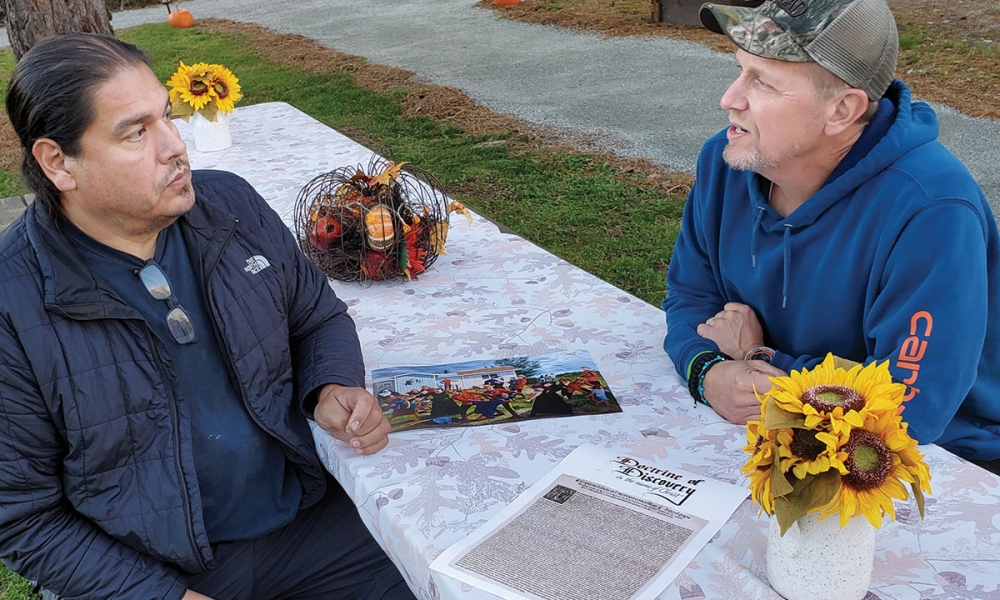
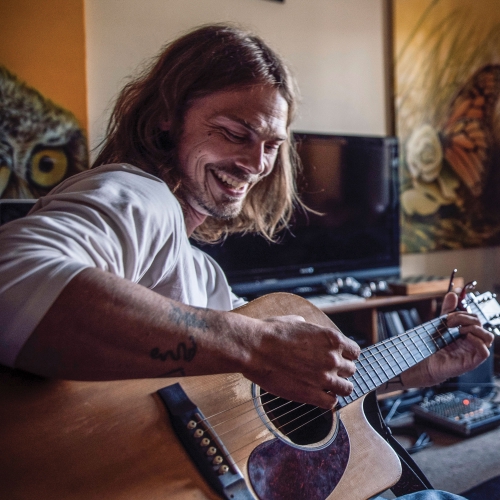
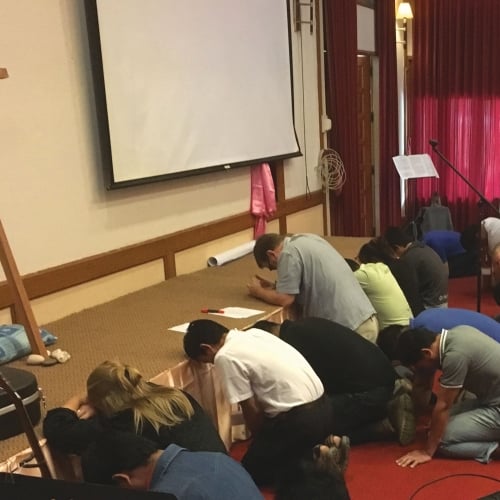
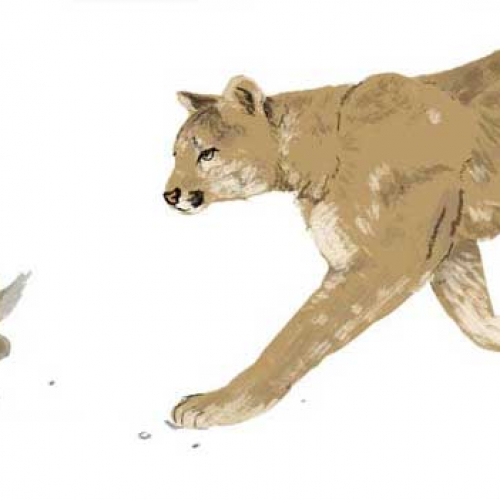

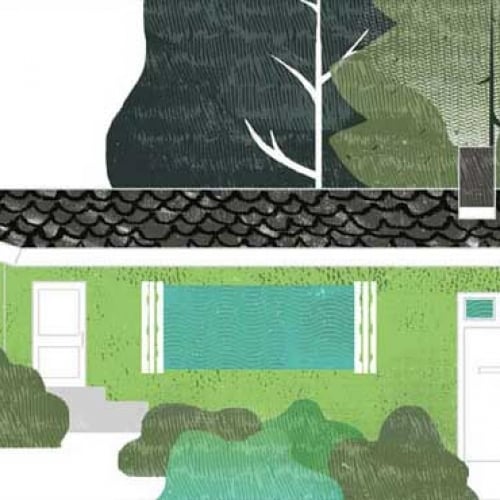
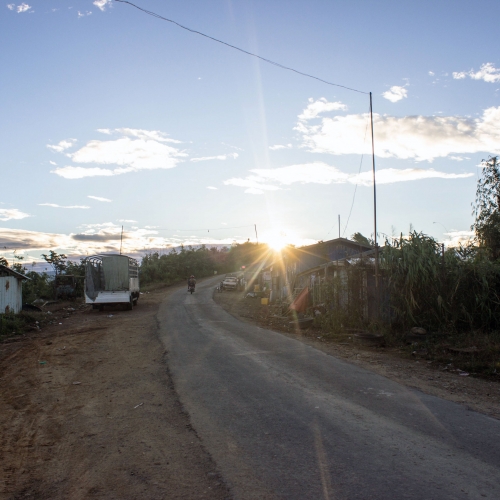
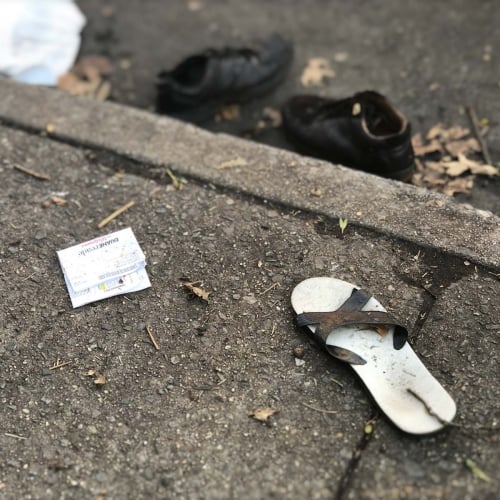
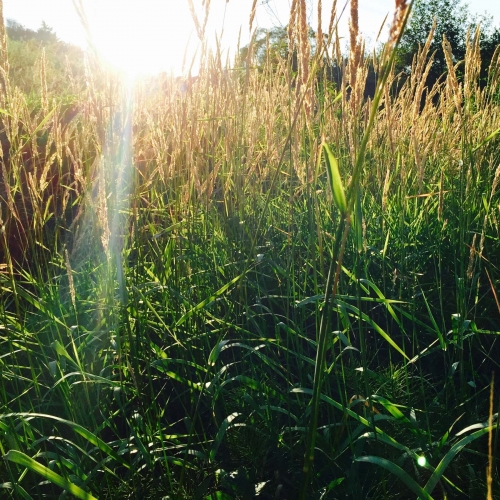
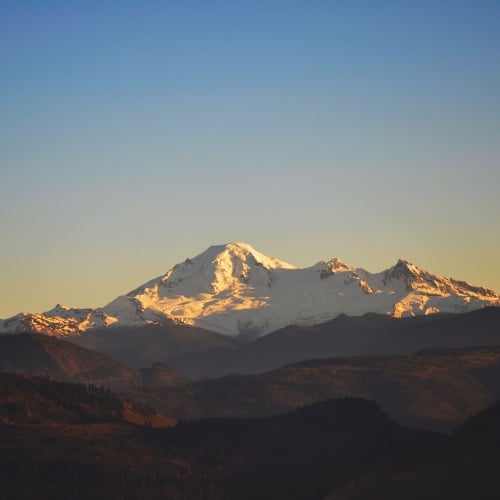
_1544130727_500x500.png)
